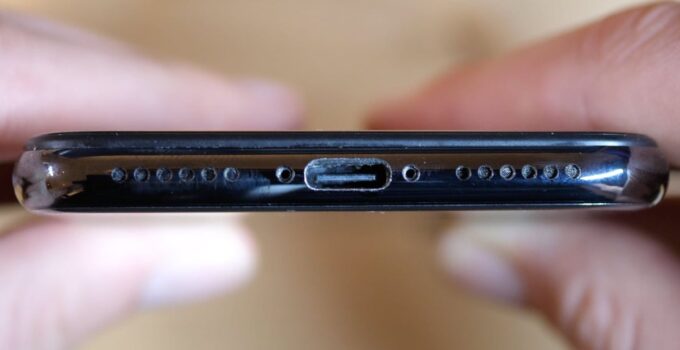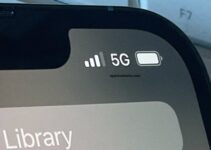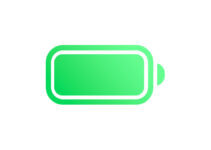iPhone 15, the USB-C connectors appear in the photo. There has been talk of the iPhone 15 with a USB-C port for some time, also due to imposition by Europe: now the first photos of what will presumably be the components of the USB-C connectors of the iPhone 15 series appear on the net.
To iOS 17, iPadOS 17, and watchOS 10 beta 5 developers
It’s no secret that Apple is preparing to switch from the Lightning connector to the USB-C standard. Shared images X (Twitter), show USB-C connectors attached to flex PCB component parts that will presumably be used in the standard iPhone 15, iPhone 15 Plus, and iPhone 15 Pro Max.
All models of the 2023 iPhone 15 series are expected to have the USB-C port in place of the Lightning port. Reliable sources like Bloomberg’s Mark Gurman, Apple analyst Ming-Chi Kuo and others have said that Apple will make this change.

The switch will allow Apple to comply with new regulations introduced in the European Union, which require Apple to produce iPhones with USB-C ports in the EU.
iPhone 15 Pro models with USB-C ports are expected to support high-speed data transfers, while standard iPhone 15s will continue to use USB 2.0 speeds, the same speed powering the Lightning connector, thus giving the Pro models an added edge. distinctive.
Leaker ShrimpApplePro has said that the iPhone 15s will only officially support USB-C accessories certified by Apple’s Made for iPhone (MFi) program. For this, Apple’s supplier Foxconn is believed to be producing accessories such as EarPods and cables with MFi-certified USB-C connectors.

USB-C MFi certification could be used to limit features such as fast charging and high-speed data transfers. This means that only Apple-approved accessories will perform to their full potential.
ShrimpApplePro states that cables without MFi certification will have limitations in charging speed and data transfer. Apple analyst Ming-Chi Kuo has also suggested that Apple will seek Made for iPhone certification for USB-C chargers that can quickly charge the iPhone.
In this way, if it is true that Apple will comply with European legislation, it is equally true that the USB-C port of the iPhone will not exactly be a standard: cables not born for iPhone could be “weakened”.



